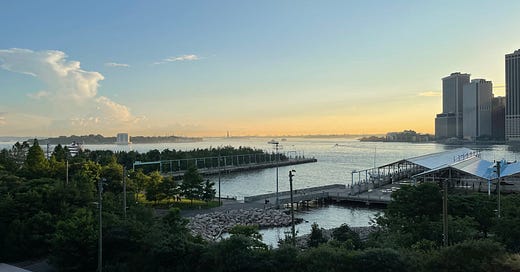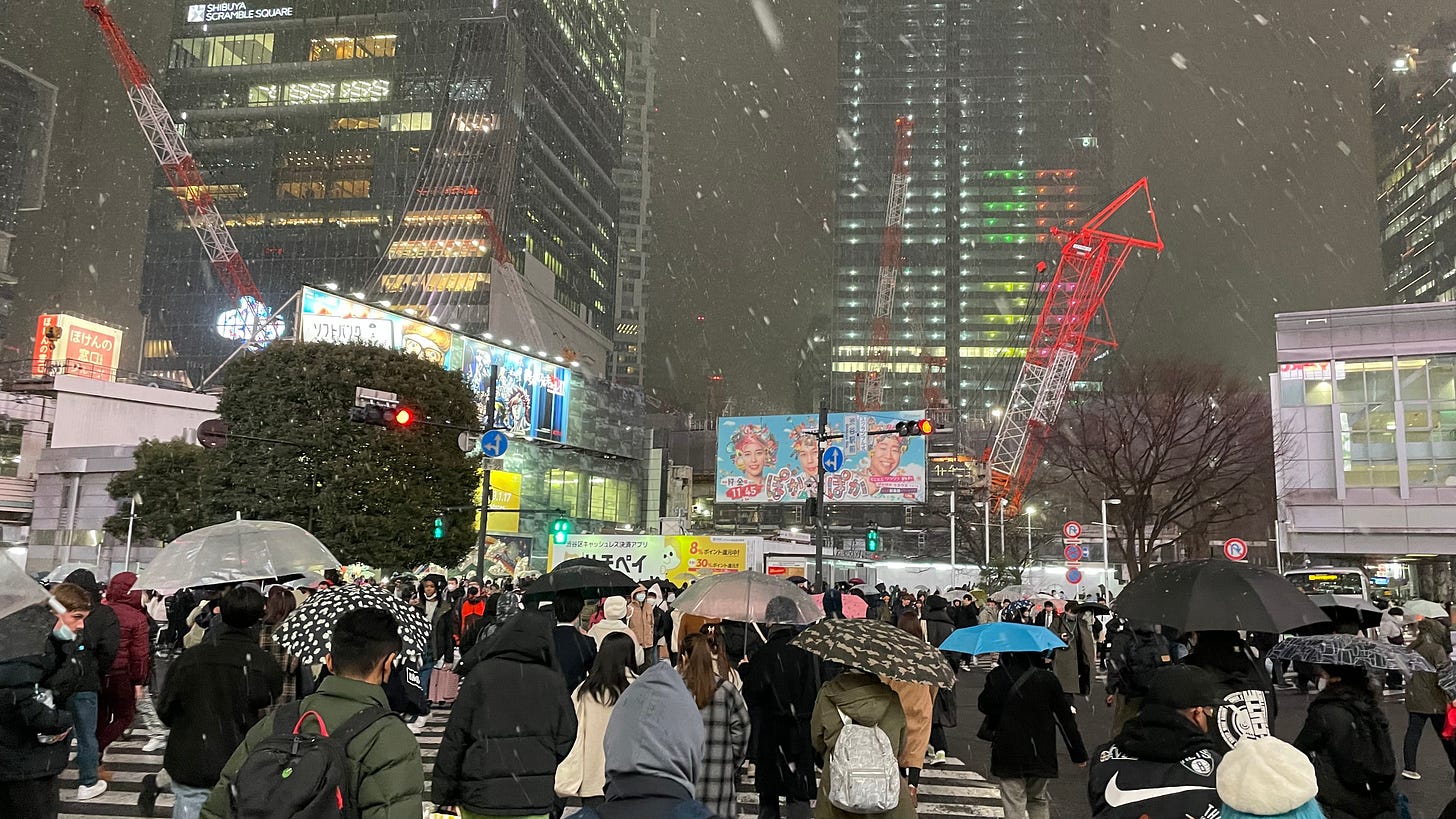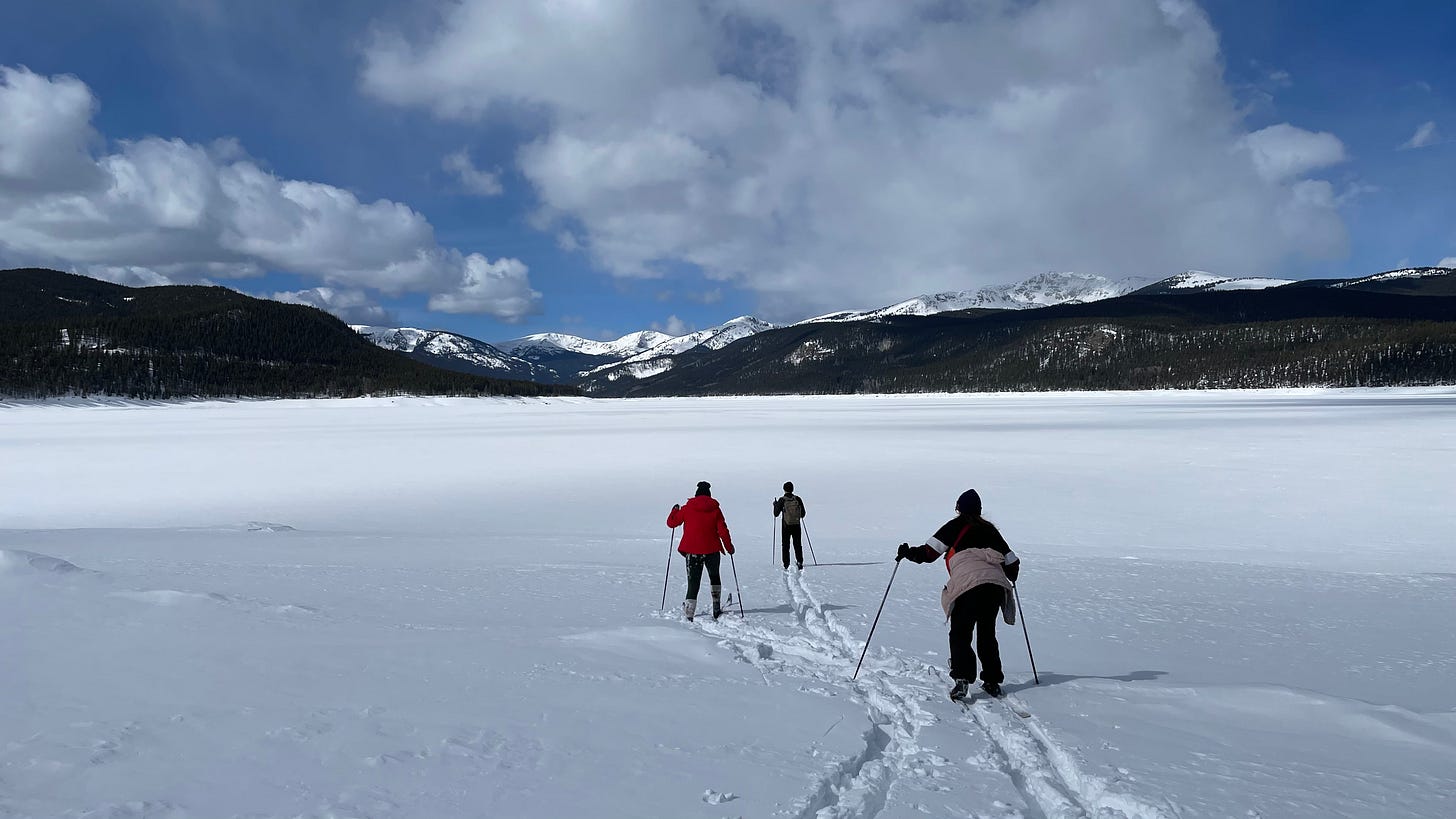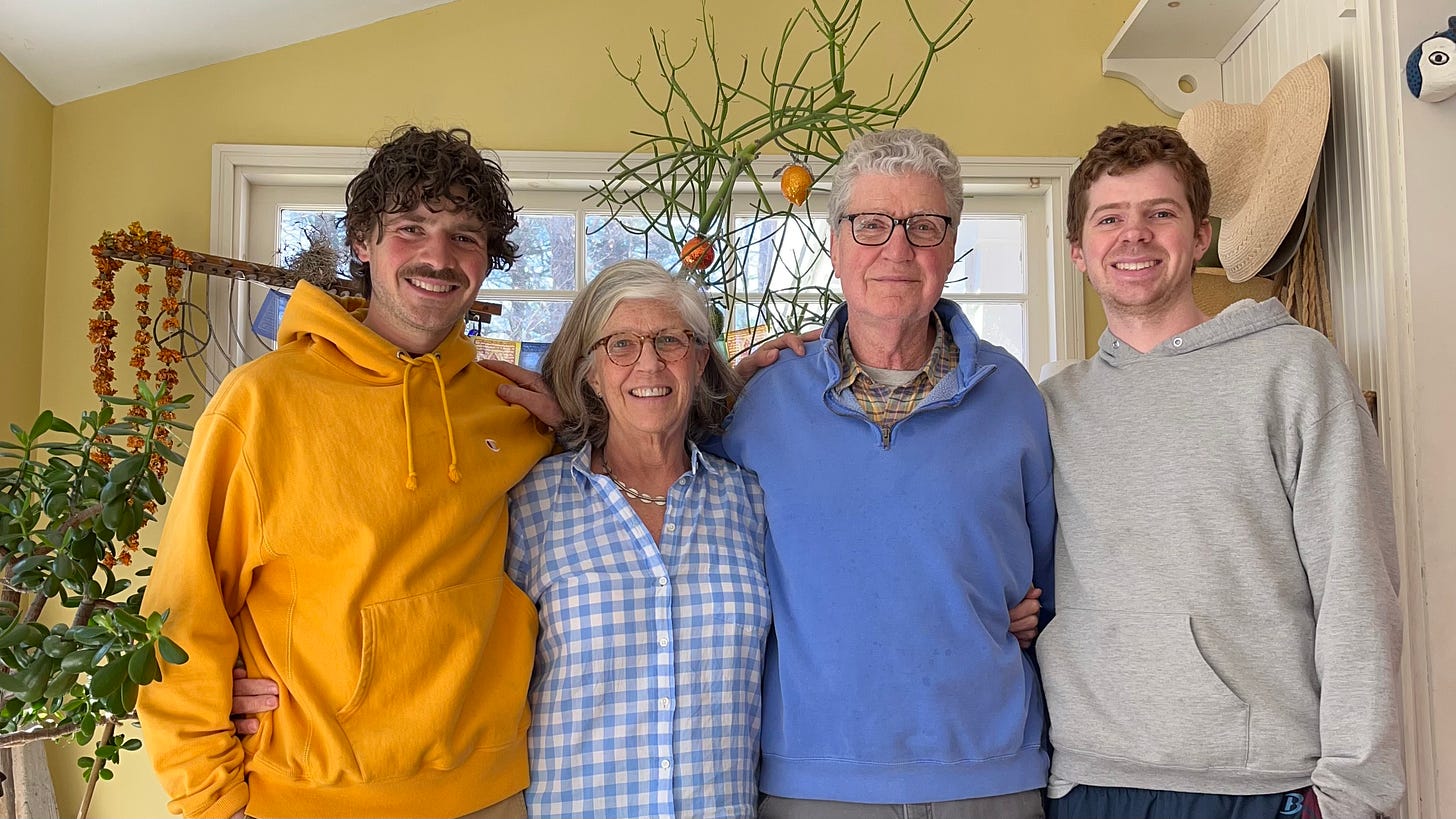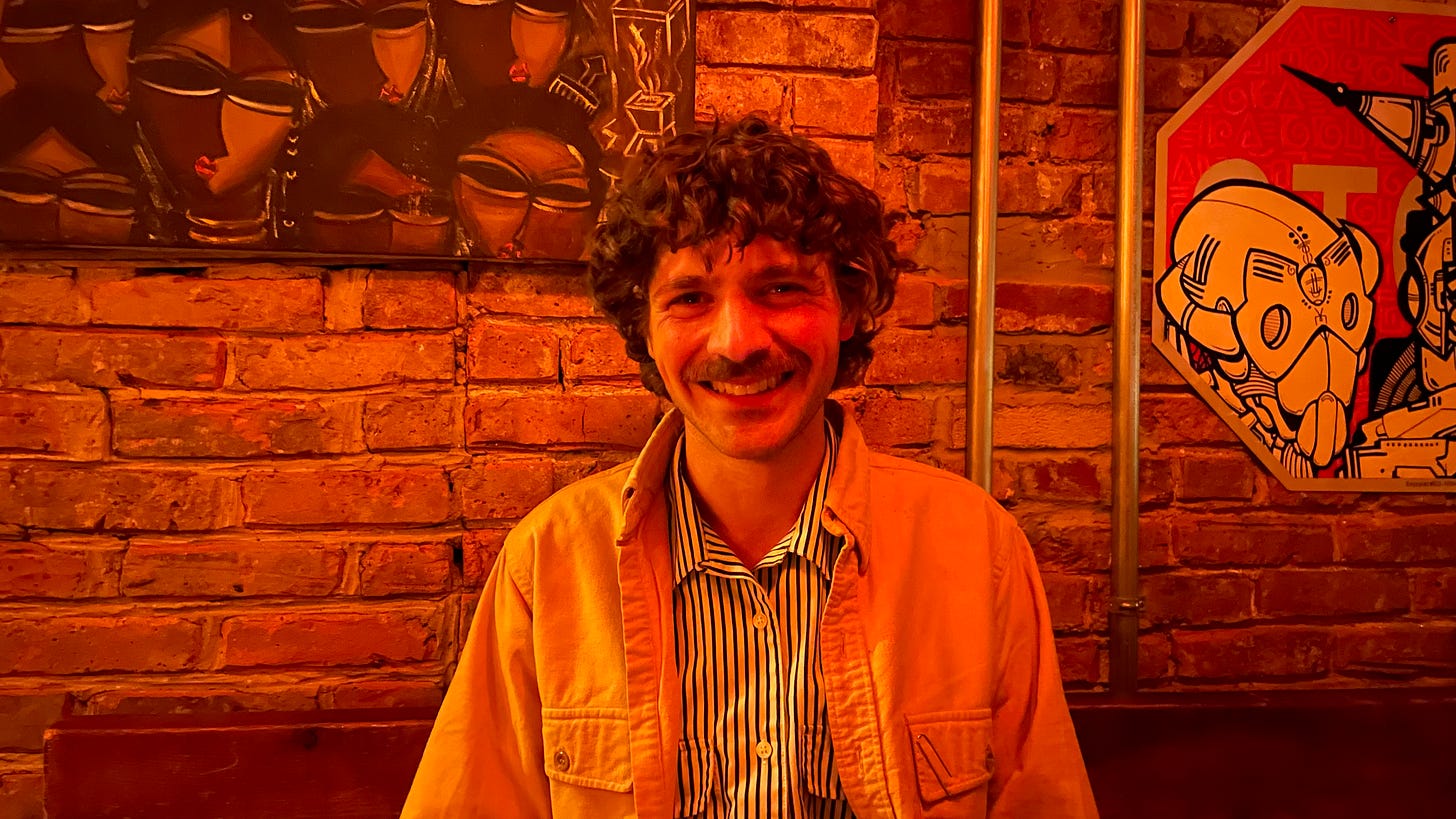I am lucky enough now, six months after leaving, to be able to wake up without thinking immediately of Nepal. For the first few months after I got back, I spent my days running from the ghosts of the past year, who settled in my mind during moments of stillness—on a solitary walk, in the shower, tossing in bed trying to find sleep. I played music and podcasts to keep them away, worked in rooms with other people so I couldn’t be taken by surprise. Every morning, I woke up in a different stage of grief: some days, I drafted angry emails in my head before getting out of bed; others, I blamed myself for not leaving early, offering increasingly large sacrifices to be able to turn back time. But most days, I just woke up sad.
It was a deep sort of sadness. Sometimes it weighed me down like a lead jacket, keeping in the radiating waves of anguish from my gut. Or it would come in acute bouts, like compartment syndrome, making my body feel like it just couldn’t physically contain the feelings inside of me, trying to force their way out, blocking blood flow and making it hard to breathe. I wanted to cry, but tears rarely came.

There were also moments of intense joy in those first months back, feelings that I could only dream of while I was in Nepal. I visited new places and rediscovered my love of travel, the awkwardness of not knowing the language after being in a place for so long where had known it, the pure fun of a new adventure. And when I finally returned to the US at the end of January, there were the reunions with friends across the country, each one as sweet as I had hoped. There were dinners, camping trips, parties. I thought to myself: is this what I’ve lost? What have I gained, for all of this that I’ve lost? A saltwater breeze hit my face as I walked out of the airport. I hugged my mom and cried, finally, grateful.
People asked me the same questions; I told the same stories. My friends stepped in when I met new people and subtly omitted any details about the past year of my life in conversation. “He was in Nepal for 10 months on a prestigious grant,” they informed my new acquaintances, who mistook my meek smile for modesty and responded, “Oh, Nepal, awesome! That must have been amazing.” I crowd-tested and adjusted, finding a response that felt true to me without causing a record-scratch stop to the party, everyone looking at me as if I’d turned the overhead lights on. My friends—and even strangers—gave me the opportunity to be vulnerable, and when I took the chance, difficult as it was, I was met with compassion, every time. Still, I resisted.
Of course, it can be painful to relive any negative experience, and that’s part of why I don’t want to talk about it, even now. But there’s a bigger, darker reason, almost embarrassing to admit that I’m scared of: other people’s optimism. Normally I am grateful for it, but over the past few months, it has grated on me. Every person I talk to is unrelentingly positive, unable to even consider the possibility that things actually could have gone badly, that I could have accomplished nothing significant during my ten months in Nepal and gotten nothing meaningful out of it. They insist that, even if I feel like I wasted my time, I will come to recognize what I gained later on, or that at least I impacted others.
Maybe they’re right. But I don’t feel like I really accomplished anything. The truth is that I did the bare minimum at school, spending as much of class as possible standing to the side and “assisting.” I let my co-teachers assign me a role, never writing my own lesson plan, never attempting to create a more engaging and effective lesson, never bringing in outside resources, never spending time outside of school. I didn’t organize any clubs or events or engage with the community. I saw no improvement in the English of even an individual student, not to mention the school average. And I knew there wouldn’t be, because I was teaching right out of the textbook. I never even got up the courage to tell my co-teacher not to hit the 2nd graders.
I feel torn up about my host family, too. Part of it is regret that I didn’t spend more time with them instead of leaving home every chance I got. But part of it is subtler: not long after I got back to the US, my host mom sent me a bunch of Facebook messages asking for money to fund Aayush and Aarash’s education. Now that she didn’t have my rent coming in, she was worried about paying their private school tuition. I deflected her questions; she stopped messaging me after a new grantee was placed in her house, to work at the same school where I had been. Cultural miscommunication it may have been—she also repeatedly asked me for English lessons that I never gave her—but it left a sour taste in my mouth nonetheless.
Guilt over these things is part of what eats at me, part of why I don’t want to confront the past year but just let it go. Maybe I’m being too hard on myself, but it doesn’t feel that way to me. If all of this seems out of proportion, then maybe that’s just a testament to the depth of the effect that the year in Nepal had on me—it has grown roots down into the very core of my identity. I feel like I failed, and not the every-failure-brings-you-one-step-closer-to-success failure: true, deep, failure, the kind that comes from giving up, the kind that doesn’t lead to Nobel prizes or NBA championships, the kind that just creates more work in undoing it. It doesn't feel insurmountable. It just feels like I’m exhausted already, and there’s no end in sight. I suppose it builds character.
I was promised an experience that would be difficult but worth it, and I am still wondering when the second part of that promise will come around. My head is filled with cliches like that one, platitudes about travel and growing up: I keep wondering if maybe you really do only get out what you put in, and I just didn’t put enough in. Not every thought that goes through my head is self-blaming—I feel plenty angry at the institutions and people involved as well—but none of these thoughts can change what happened, and none of them even seem to be helping me process what happened, which is probably why I choose not to talk about it at parties.
It didn’t help that there was no institutional on-ramp back for my return to the US, not even a goodbye email from the commission in Kathmandu. As staunchly as many adults seem to believe that, with a grant like this on my resume, getting a job should be no problem, that has not been the case; and though the government ruled that my grand total yearly financial gain of $10,000 was not considered “income” for the purposes of unemployment insurance (rendering me ineligible), the IRS delivered a dissenting opinion come tax season. Inconsistencies aside, for a government-sponsored program, my benefits ended suspiciously quickly when I touched back down on American soil, and the pillow provided by my leftover grant money is quickly dwindling.
How am I now? I still have not been able to gain space from the experiences of last year (not counting the 7,500 miles of physical distance). I returned to the US feeling broken, and was met with the gaping void of the rest of my life—no job, no house, no plan. When I graduated college in 2020, at the beginning of the pandemic and with my grant in Nepal looming on the distance, I hadn’t really had to face my future: my return from Nepal felt more like an actual graduation, an unceremonious entrance into the real world. All I want, desperately, is to move on with my life, to gain some perspective with which to view last year, but I have been caught in limbo, applying consistently to jobs for over four months, plagued by memories of Nepal, feeling aimless as I while the days away.
Some of these problems are just the problems that everyone faces, the natural societal obstacles to creating a life that get all mixed up with each person’s own personal difficulties. I was just unlucky to get caught with these feelings during a time of personal (and, notably, professional) inactivity. The problem is very simple, actually: the more time I have to think about my Nepal, the worse I feel, the more I get caught up in existential pondering and the more acutely I feel my ennui and purposelessness. All I need is something to do—with my life, sure, but a job would be just fine. Then I could finally turn to complaining about my employment, instead of my lack thereof (I need new material).
But these feelings have slowed. I am eating well, exercising, getting outside (it was only after I returned to the US that I realized how much weight I had lost in Nepal), and most importantly, I have community, family to curl up to when I don’t know what to say, friends and loved ones who joyfully offered up their couches and air mattresses, who laughed with me over dinner and welcomed me back into their lives or into them for the first time. I am meeting new people; I am making up for lost time. These are distractions, but they are welcome, blessed distractions. I don’t plan on running away from my feelings forever. But I do for now.
Because, ultimately, I know that the people who care for me don’t even care about all of this. No one will change how they feel about me because I didn’t change my students’ lives. These are my own internal battles, ones that I continue to fight for no reason: struggling with these feelings only makes me feel worse, and only makes it harder for me to get my life in order. I’m not even sure why I’m writing this, really. I guess it’s what I did in Nepal, and it feels like the right thing to do now. It helped me with my feelings then, and it’s giving me a sense of purpose now that I’ve missed having in my life.
I haven’t meant to hide my feelings or my struggles from the people around me. It’s just that my weariness, like the melancholy cousin of Hawthorne’s proverbial butterfly of happiness, alights only upon my shoulder when I sit down quietly. Most of the time, when I am with other people, I don’t need to hide my feelings, because I feel the way I want to: happy, relieved, grateful to have a place amongst the chaos. If you’ve interacted with me in any way in the past six months and I seemed fine, know that it was because of you, because you brought me a joy that let me leave behind all the messy, uncomfortable feelings that I’ve written about here. I can’t thank you enough.
Things will come together, I know that, I just hope that it happens soon. With the help of the many wonderful people in my life, I have begun to put last year behind me, and I think it’s best that I wait to look back on it once I’ve moved far enough forward to be able to look back. Maybe, one day, I will find something positive to look back on. Because I’m doing better and better, and starting to imagine a day when I might be able to make peace with my time in Nepal. I don’t feel ready yet, but I’m keeping my eyes trained forward, assuring myself that one day, one day, I will.
Until next time: peace!
Much love,
Oren
